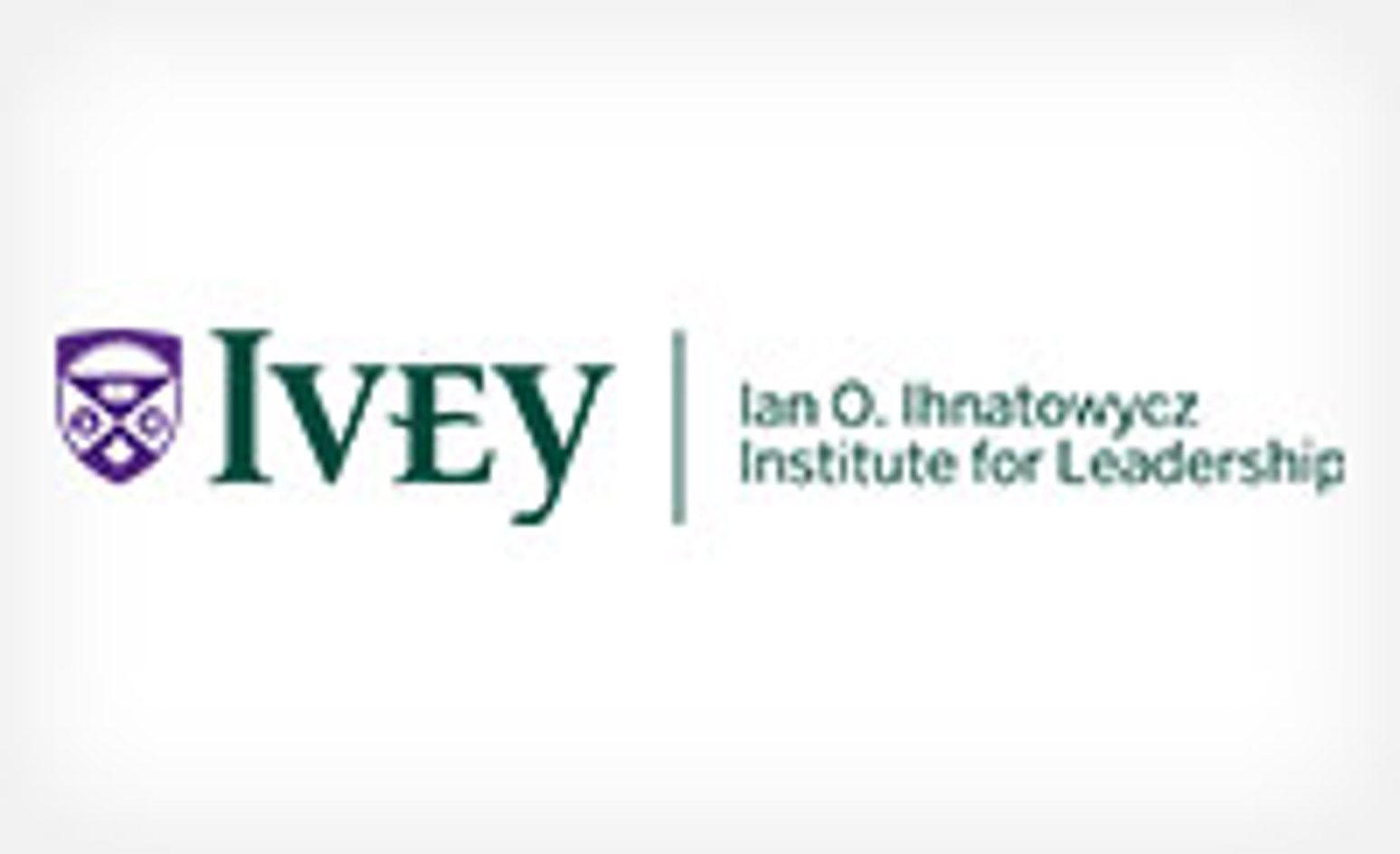My classmates and I spent the past year as students in the Richard Ivey School of Business MBA class, and only a few short weeks ago graduated with the lessons that will help us to become Canadian business leaders in the near future. While all 153 of us now move into the next phase of our lives equipped with what we learned in our MBA, for a select few of us the next phase is more closely related to the last. In under a week, 14 of us will be travelling to Eastern Europe as part of the LEADER Project, where we will be transformed from student to teacher as we share our learnings with undergraduate students and aspiring entrepreneurs within our host countries.
My trek to Yekaterinburg, Russia began just under a week ago, and as I sit now in a Viennese café reviewing my lesson plans and teaching notes, I find myself wondering how easily my peers and I will make the transition from student to teacher. Our time at Ivey was invaluable, and through studying countless cases we have gained the perspectives that will aid us in becoming effective leaders in our future business endeavours. Cases dealing with the importance of values, managing change and communicating effectively within an organization have undoubtedly provided us with insights towards becoming leaders in a North American business context, but how will these lessons apply to students growing up in Russia or Macedonia? Through conversations with an Austrian friend I've learned that Western European business values are similar to the North American values that we were exposed to at Ivey, but I wonder whether the same is true for Eastern Europeans? The countries we are travelling to - Russia, Ukraine, Macedonia and Moldova - have had very different histories than the countries we've come from, and a business environment that's (relatively) open for entrepreneurship is a much newer concept in those Eastern European economies. As teachers, I think our first task will be to gain an understanding of the context our students have grown up in, and only then will we be able to provide them with lessons that will leave an impression. For example, a lesson on the importance of vertical communication within an organization will be lost on a student who has no prior understanding of organizational hierarchies.
Our goal on the LEADER Project is to instill the business skills we've learned at Ivey into the students and entrepreneurs of a newly developing market, but to truly make a difference in their lives and economies we will need to develop those students into leaders. This will require framing every lesson from every case and lecture into a leadership context, and thankfully we will be able to draw on our recent experiences from the Ivey classroom. Adapting these lessons to the culture of our hosts will be our challenge, but that is the challenge we signed up for afterall.
Randy Newman
